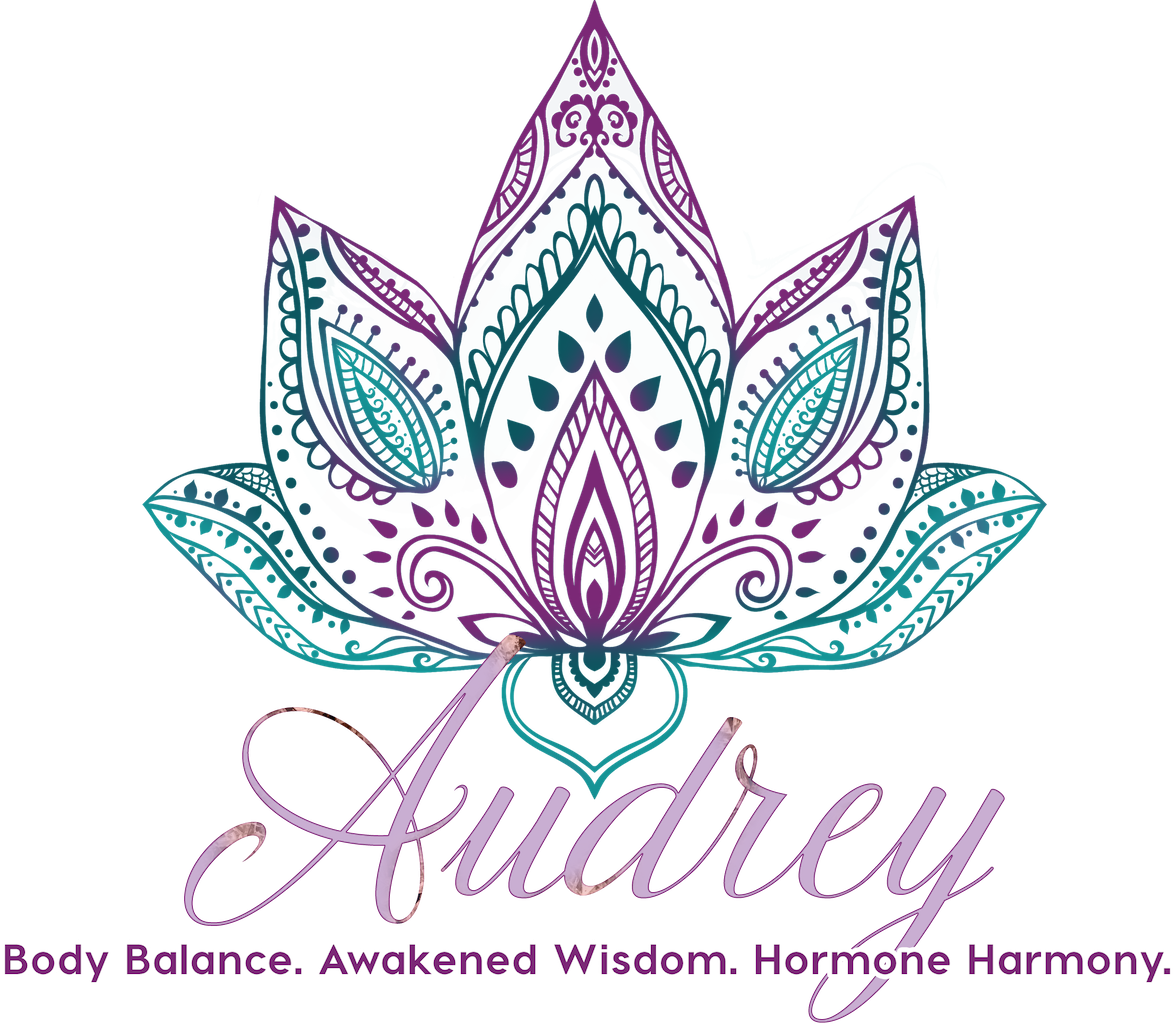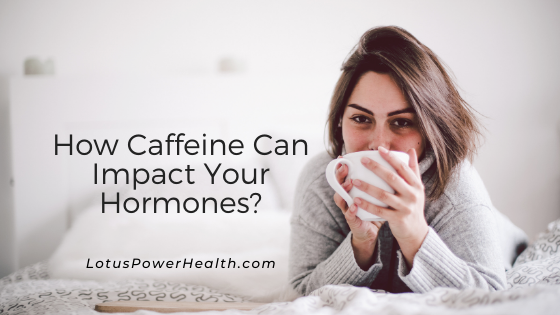Caffeine is an ingredient in many different products. It’s a compound that has the effect of stimulating the nervous system. But it does more than that. It can impact your hormones – and if you have a hormone imbalance, the type and amount of caffeine you consume does make a difference in your body.
You’d think, since caffeine comes from a plant, that it’s good for you – but caffeine consumed in high quantities can make you feel jittery. It can also speed up your heart, make you feel anxious and lead to many sleepless nights.
Those are the effects of caffeine that you can physically see and feel. The kind of impact this compound has on your hormones often goes unnoticed until your hormones are so off balance that you’re experiencing troublesome side effects.
One of the hormones that caffeine alters is estrogen. You need estrogen for many different reasons – and with too much or too little of it, it can cause a host of problems for you.
When you drink even as little as two cups of beverages containing caffeine, it causes your estrogen level to rise. This can throw it off balance with your progesterone and create estrogen dominance.
But it also lowers some forms of estrogen as well as has the ability to block estrogen from being produced. Though studies have been done on the effects of caffeine consumption with hormone imbalances, the conclusion did not fit one particular age or race.
The reason for that is because each person metabolizes caffeine at different rates and in different milligrams. Caffeine is not just found in coffee – it’s also found in hot chocolate, chocolate candy and chocolate ice cream, as well as energy drinks, sodas, protein bars and some pain medicines.
The problems that caffeine can cause with your hormone levels aren’t a big risk with someone who only consumes small amounts every now and then. But for someone who has a daily amount of caffeine, it can cause hormonal changes that can lead to a definitive rise or fall of estrogen.
This can cause more hormonal changes, where it becomes a cycle of hormonal imbalance in other areas of your body. You might think that switching from a caffeine drink like coffee to drinking green tea would stop the influence of caffeine on your hormones, but this isn’t the case. Even green tea can cause hormonal changes in estrogen.
It takes the equivalent of four small or two extra large cups of coffee per day to spike estrogen levels. However, over time, even smaller amounts of caffeine carry a risk of hormonal imbalance.

